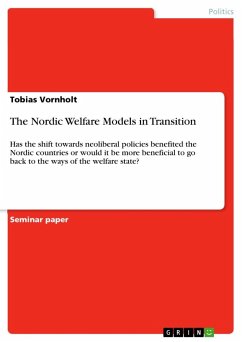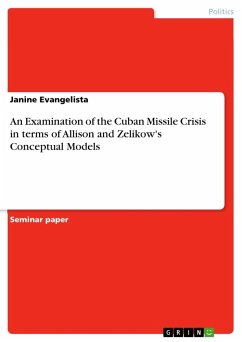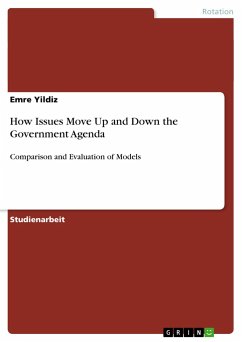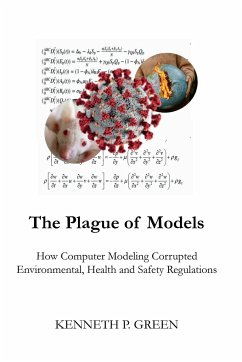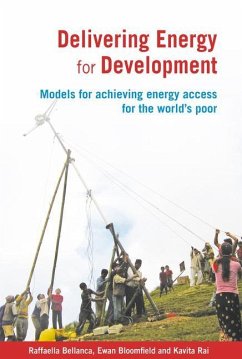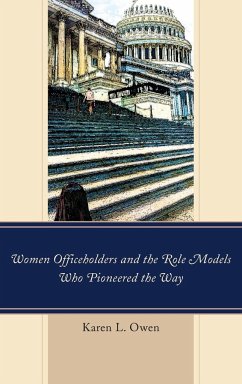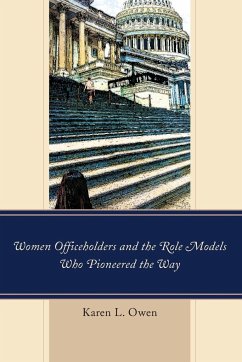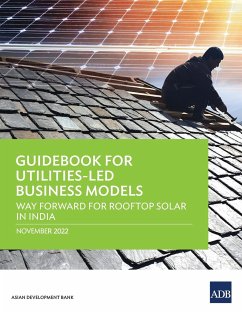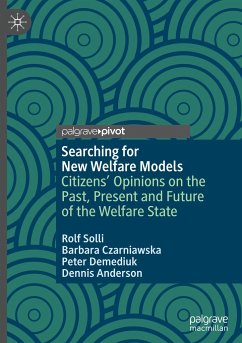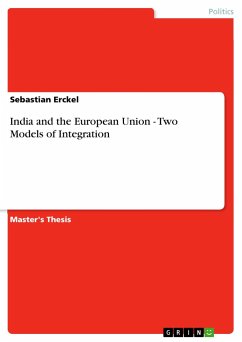
India and the European Union - Two Models of Integration

PAYBACK Punkte
0 °P sammeln!
Master's Thesis from the year 2009 in the subject Politics - Political Systems - General and Comparisons, grade: very good, University of Kerala (Department of Political Science), course: MA Political Science, language: English, abstract: The late 20th century has witnessed a confusing and seemingly also threatening diversification of world politics, especially after the end of the Cold War and the collapse of the Soviet Union. While shortly after these events the victory of democracy was celebrated or even the "end of history" proclaimed (Fukuyama), it soon became clear that these rather opti...
Master's Thesis from the year 2009 in the subject Politics - Political Systems - General and Comparisons, grade: very good, University of Kerala (Department of Political Science), course: MA Political Science, language: English, abstract: The late 20th century has witnessed a confusing and seemingly also threatening diversification of world politics, especially after the end of the Cold War and the collapse of the Soviet Union. While shortly after these events the victory of democracy was celebrated or even the "end of history" proclaimed (Fukuyama), it soon became clear that these rather optimistic assumptions could not be sustained. Huntington (1993) predicted conflicts along cultural lines and Alvin and Heidi Toffler (1994) assumed these conflicts would take the form of asymmetric warfare leading to the phenomenon of "failed states" which, according to Chomsky (2006), present a threat to democracy. Asymmetric warfare, cultural conflicts and failed states have all already left their impact on the young 21st century.Yet the same period of time has also seen unprecedented global integration, in the economy, but in terms of human personal exchange as well, largely fueled by new communication technologies. However, the emerging "global village" seems to bear more characteristics of a Hobbesian state of nature than of a global civilization. Furthermore, as there are an ever increasing number of issues which can obviously only be addressed on a transnational basis, it becomes necessary to supplement global economic integration with an adequate political framework.Both India and the European Union are prime examples of political integration, the former for national and the latter for regional integration. However, one of the presumptions of this dissertation is that in both cases complementary forms of political integration can be identified: while in India national integration necessitated regional integration, the European Union may well be on its way towarda European super- state. The term "model" has two connotations: (1) it describes a distinguishable set of characteristics, and (2) it contains a (usually positive) qualitative aspect, something that could/ should be followed or imitated. While in the case of India and the European Union the first connotation is rather obvious as two distinctive types of integration can be identified, this dissertation not only attempts to analyse these different types but also to verify whether the second connotation can be applied or not. As the hypothesis is that in both types elements of the other will be identifiable, the focus rests upon discovering certain patterns of integration while at the same time appreciating the differences.




